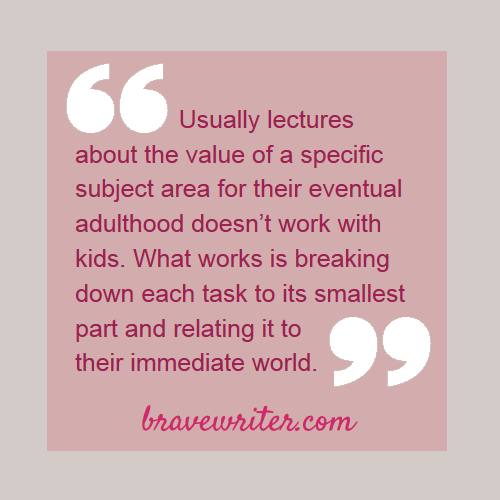
Image by RelaxingMusic
Try not to defend your life to others. It’s tempting to explain your choices, to provide evidence that you did the best you could or that your convictions are pure and your motives are selfless.
We’re all a bundle of needs, making decisions that are both selfless and self-interested. The only criteria that matters in evaluating how you spent today is the one you’ve chosen to live by… today.
That criteria shifts and changes—some years you have more energy for self-sacrifice and understanding; and others, you find you need someone to give you a break, to make up for what you lack, to be the strength you lack. Some years you find resources and help, and others, it seems no one “gets” what you’re going through and it’s entirely up to you to figure out the way forward.
Some years you’re blindsided by facts you never imagined would be the substance of your life, of your family.
We have our ideals (they matter) and we have our limits (they matter too). One person (you, me) can change the entire dynamic in a home by making better, more emotionally supportive, empathetic choices; but it’s also true that one person can wreck the peace, by not cooperating, asserting a will that is unresponsive to the best care and kindness you can give.
A family is an interdependent system—no one person can carry it alone. There must be give and take, support and nurture for each person, even if in uneven doses at times.
All you can do is become the healthiest version of you that you can be—taking care of your welfare so that you don’t wake up one day and “flip out.”
You’ll be given good advice: Be generous. Give. Share. Listen. Pay attention. Make adjustments. Become a partner to your kids, to your spouse. Forgive. Find the good, the true, the pure. Let go of petty resentments and high expectations.
But you also need to take care of you. Be sure that you, the care-giver, are being given care too—by someone, somehow, somewhere. It’s how you keep going.
When you hit your limits, you’ll get advice to give more. You’ll be told what the ideals are. You’ll be reminded of your original goals. You’ll try harder. We women are especially likely to take this advice to heart.
Just remember: in the trying (which is right and noble and good), stand up for you too. You matter as much to the whole system as all the people you love and serve freely every day.
Be good to you, no matter what that looks like. You get one life, too. It needs to be a good, peace-filled, lovely one. No Joan of Abeccas here. No Teresa of Calculadders allowed.
Stay connected to your well-being while you give to the ones you love. That’s it.
See Part Two here.























